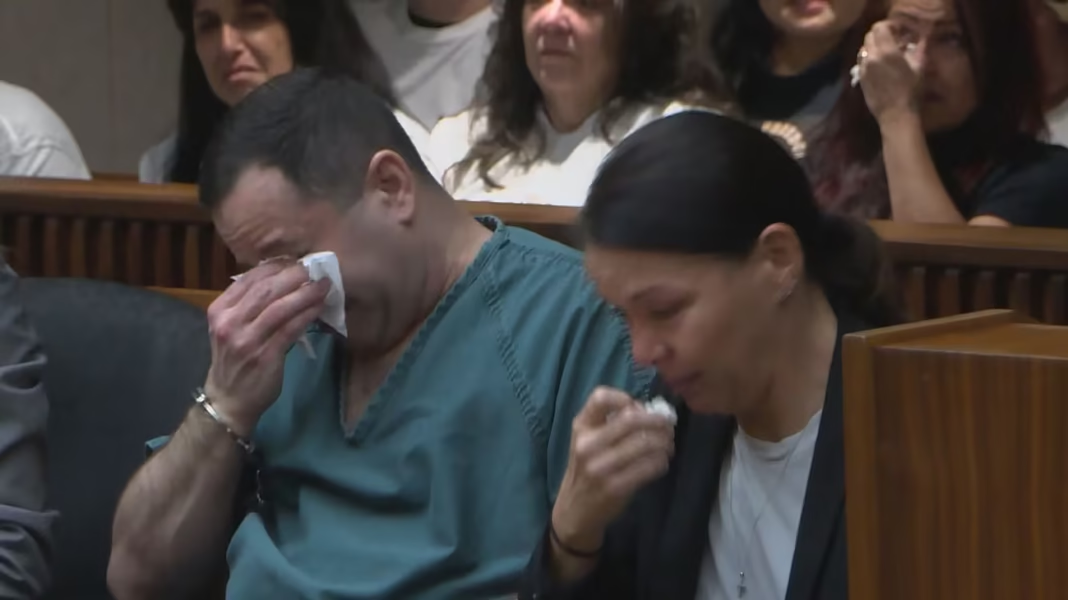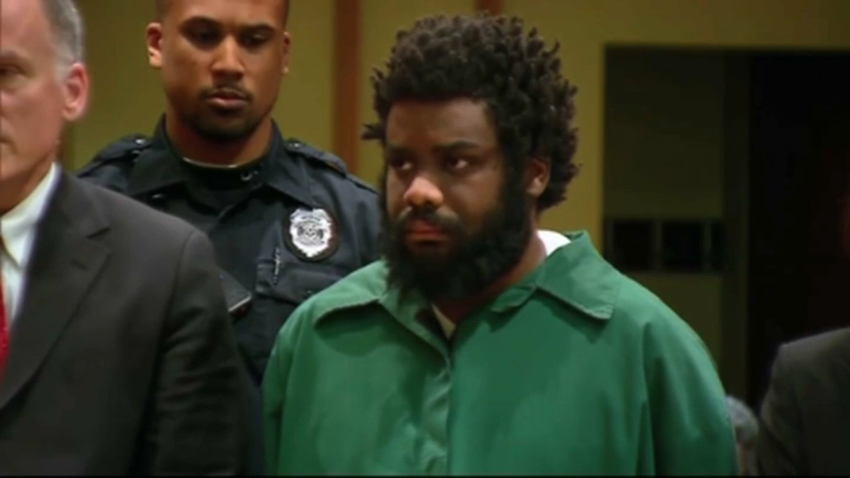After three decades behind bars, Gordon Cordeiro walked out of the Maui Community Correctional Center to cheers, leis, and long-overdue freedom.
Convicted at age 20 for the 1994 murder of Timothy Blaisdell, Cordeiro, now 51, had always maintained his innocence. His release on Friday was made possible by groundbreaking DNA technology that revealed his DNA was never present at the crime scene. Instead, evidence pointed to the original suspect, Michael Freitas, and another unknown male.
“All these people here believed in me,” Cordeiro said, surrounded by his legal team from the Hawaii Innocence Project (HIP), family, and friends.
Earlier in court, Circuit Court Judge Kirstin Hamman ruled that the new DNA findings could have changed the outcome of Cordeiro’s trial. Overcome with emotion, he broke down in tears as the judge overturned his conviction.
Cordeiro’s first stop as a free man? His mother’s gravesite. She passed away the same year he was imprisoned. His father, Dennis Cordeiro, also tearfully expressed his relief:
“Joy, happiness—my son can finally experience family celebrations before I leave this world.”
Despite the overturned verdict, the Maui prosecutor’s office has not ruled out refiling charges. However, HIP attorneys argue that retrying the case would be a mistake given the overwhelming evidence of Cordeiro’s innocence.
Since 2010, HIP has fought to clear Cordeiro’s name, with co-director Ken Lawson stating, “When you hear the facts, you know something deep down was not right.”
Under Hawaii law, Cordeiro is entitled to $50,000 for each year he was wrongfully imprisoned—a total of $1.5 million. But no amount of money can make up for the years lost.
Now, Cordeiro faces the challenge of adjusting to a world that has changed significantly in 30 years. His legal team and loved ones remain committed to supporting him through this new chapter of life.


